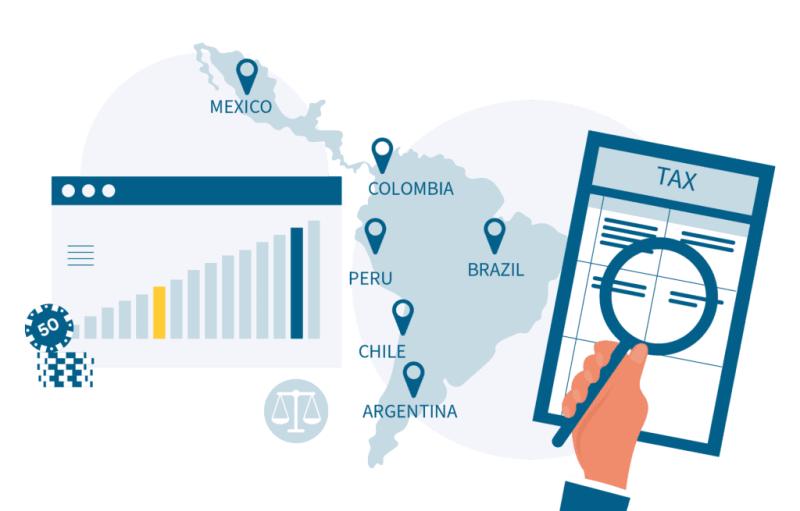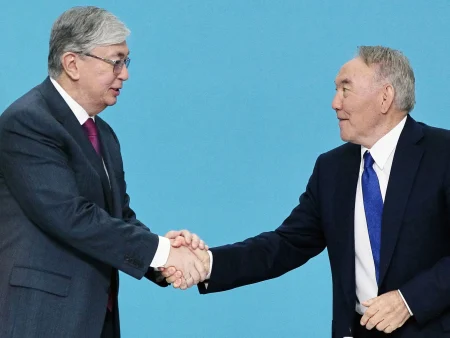ENV Media and GMB’s exclusive partnership presents an analysis of Brazilian players’ perceptions of fairness in iGaming sector. The research revealed skepticism about the transparency of online gambling. It also highlighted the need for better communication about control mechanisms, as well as transparent payment practices to strengthen the trust of the players.

The detailed survey uncovered a substantial degree of skepticism among Brazilian players about the fairness in iGaming and online gambling.
35% of respondents believe that online gambling is unfair or very unfair, contrasted with only 19% who view it as fair or very fair.
This is in relation to the overwhelming lack of awareness by the players about how fairness in casino games is ensured. 74% of respondents admitted they did not know the mechanisms of how games are controlled and monitored.
11% believe that games are tested for fairness, on the other hand, 15% think they are both tested and monitored.
This important knowledge gap highlights the critical need for industry stakeholders to communicate more effectively about the strong systems to ensure fair play and bridge the shortfall of the trust by enhanced transparency and education.
Technologies like RNGs or Random Number Generators and Provably Fair algorithms are foundational to maintaining the integrity of online games. These technologies are designed to produce genuinely random outcomes, which are then strictly tested and certified by independent regulatory bodies.
Nonetheless, the survey indicates that most Brazilian players are unaware of these processes, which contributes to their doubtfulness.
In shaping public perception, social media plays an important role. Spreading false information fuels doubts about the fairness of online gambling.
The study shows that 63% of respondents rely on social media for information about gambling, while 20% turns to influencers. This reliance can lead to the propagation of myths and misconceptions like proven manipulation methods.


